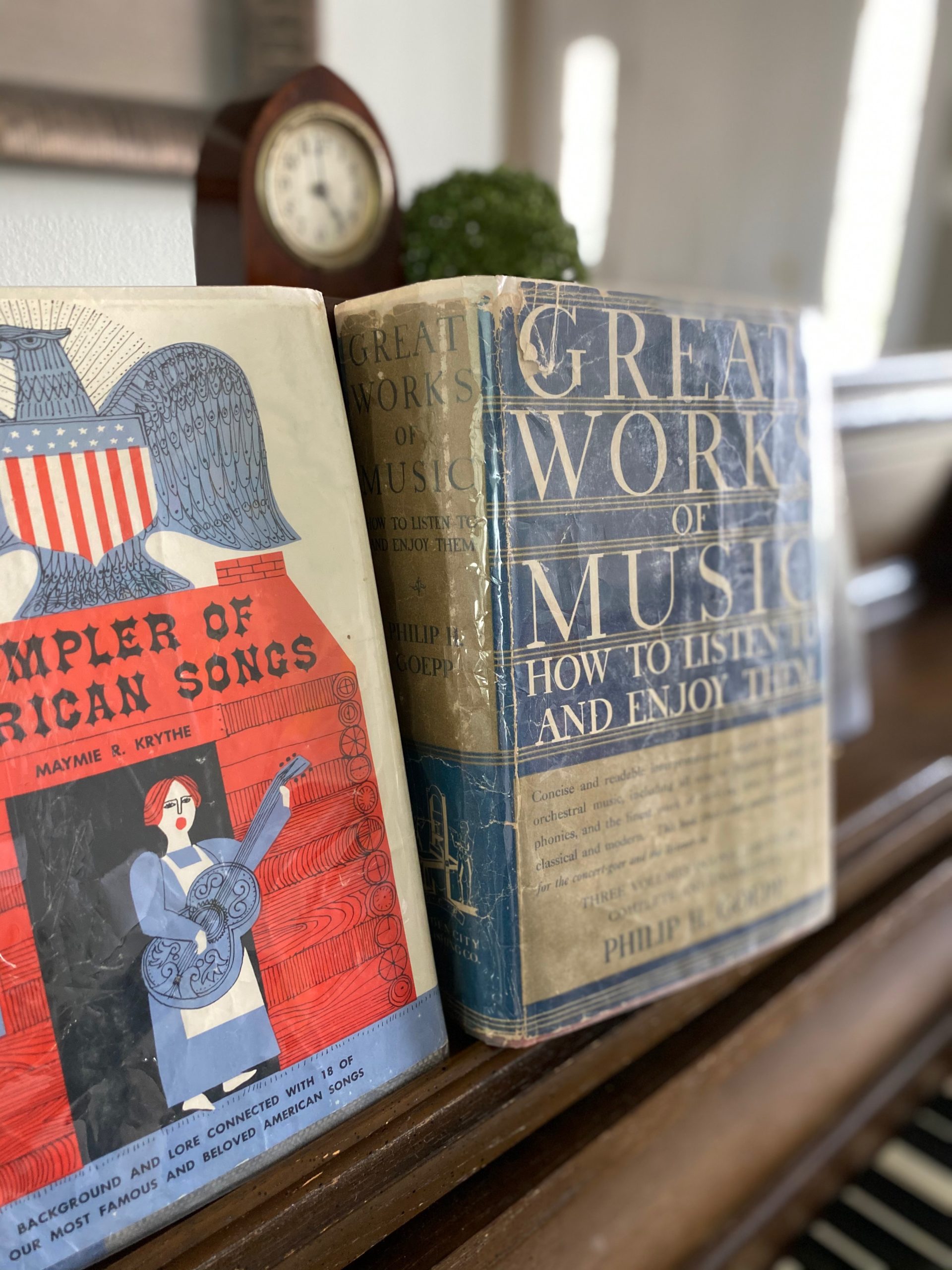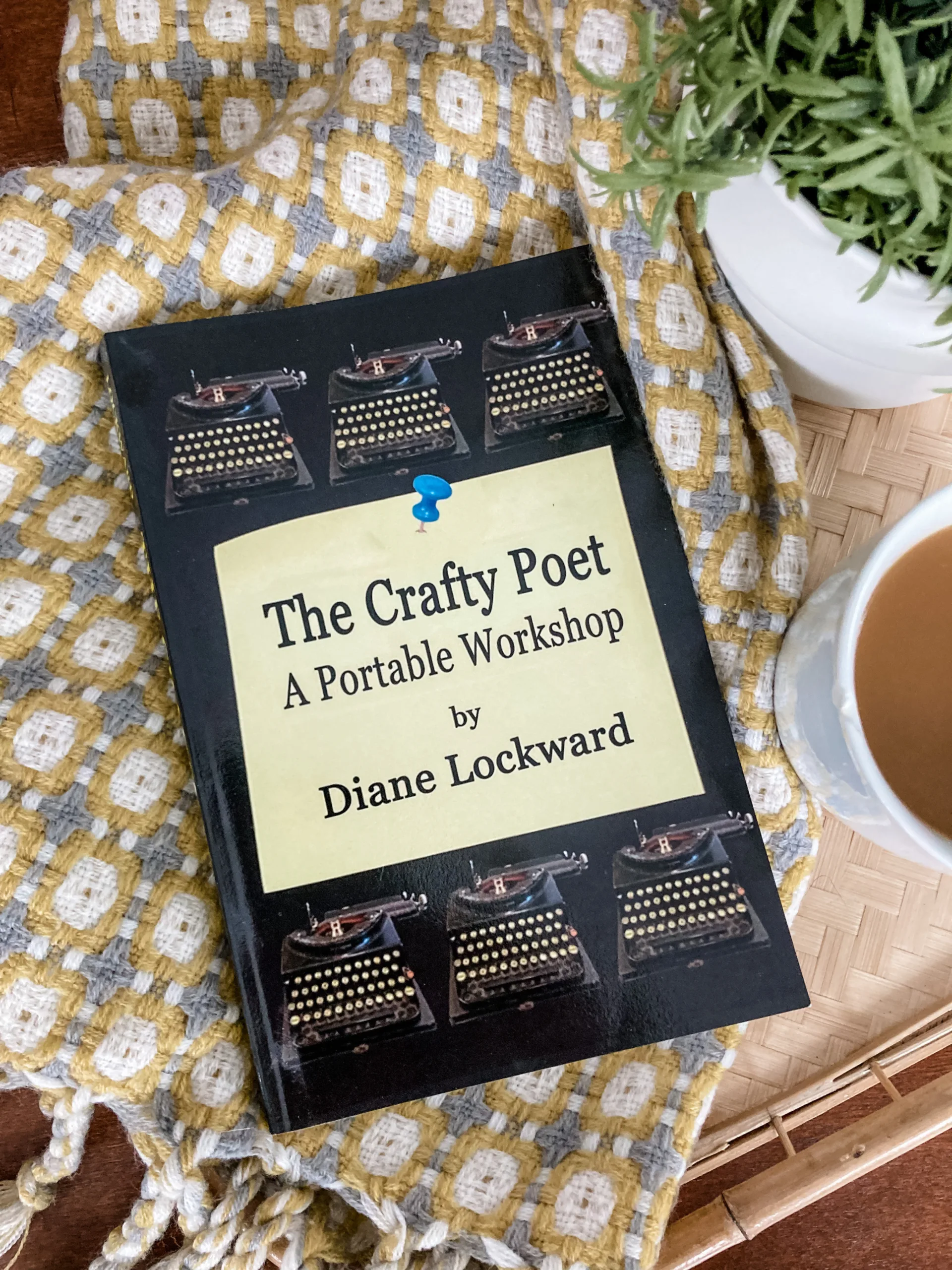So I Took a “How to Write a Christmas Movie” Class
The ad for Story Summit’s “How to Write a Christmas Movie” class came through my Facebook feed and right away I knew I had to suggest this as a date night with my husband. He’s not a writer, but he likes date nights, so we gathered our supplies—my notebook, red wine, hard Christmas candy (shrug)—and set up camp on the couch for two evenings of Zooming.
Here’s a quick background of my relationship with TV Christmas movies—
I used to dislike them, deeply. The formulaic plots, the sappiness, the cheerful monotony,… But then something happened. My parents got into them. And I watched some with them. And we had a jolly good time.

Of course, our fun involved some hate-watching. The tree farmer who wears a brand-new Duluth Trading Company ensemble every day deserves mockery. As does the scene where the female protag. comes home to her childhood bedroom that her widowed father has decked out for her in Fraser firs and paper snowflakes. Christmas credulity only stretches so far.
But the Christmas season has a capacity and demand for over-the-top. You’ll be at a neighborhood bar and grill and a woman will sit next to you wearing a jacket spangled in thousands of little pieces of silver tinsel. You might make deriding eyes at your companion or you just as likely might be reminded that you absolutely love this season.
The first night of the class opened with a special appearance by Jimmy Hawkins who played four-year-old Tommy Bailey in It’s a Wonderful Life. He didn’t talk about how to write a Christmas movie, but he did share some memories from the set and got us in the spirit.
I won’t give out too much of the course content (I’ll be sure to remind my [Kim’s Notes] readers if/when they offer it next year) but I wanted to share some of the more interesting tidbits from my notes.
HOW TO WRITE A CHRISTMAS MOVIE: HIGHLIGHTS
- *Brad Krevoy (producer of over 75 Christmas movies) says when he evaluates a project, it’s always about the idea. The idea must be easy to explain and market.
- *Jeff Arch (writer of Sleepless in Seattle) says the biggest problem he sees with scripts is that the writer isn’t clear about what they’re writing. He advises writers to create a logline, a one-sentence description of the story to help them focus and to use as a pitch.
- *Spyder Dobrofsky (screenwriter and exec. producer of The Housewives of the North Pole) wrote one-page treatments for all the projects he’s pitched. It’s possible to get a job before writing the script. He keeps 10-15 ideas/loglines in his pocket in preparation for any producer meetings.

- *Karen Schaler (writes for Netflix, Hallmark, and Lifetime) advises writers who are ready to pitch to pay for an IMDb Pro account. You can search for specific Christmas movies, find out who produces them, and reach out.
- *Schaler advises writers, when they sell a script, to retain their book rights. You can write the novel adaptation later if you want, and which she’s successfully done.
- *She also spilled the yuletide beans on payment. She says non-union screenwriters (just starting out) will get paid $8,000-$10,000 on the low end but $20,000-$30,000 is possible. Writers Guild of America members get a minimum of $54,000 (2023 numbers).
- *Rick Garman (has written 17 Christmas movies) gave an extensive slide presentation on the nine-act Christmas movie structure and what must go in each act, like specifically when the conflict between the leads should emerge, when the romantic spark should ignite, and how no one should look like a failure at the end. (If you’ve sold a movie or two you’re allowed more leeway with the “formula.”)
- *Garman’s most emphatic reminder was to ADD MORE CHRISTMAS—the characters should engage in a Christmas activity even while talking about something else. Or if the characters are engaged in a non-Christmas activity, the backdrop must still be Christmas. And of course, end with Christmas.
- *Another tip from Garman—if the character’s family is living, they must be present at Christmas. That’s why there are lots of dead parents in Christmas movies. This also helps with the budget. No parents/no parent actors on the payroll.
After taking a “How to Write a Christmas Movie” class do I now have my own idea for writing a Christmas movie? I surely do! Will I ever write it? Probably not, but you never know. I do have a new appreciation for the genre in a sort of “all things in moderation” way. I mean, I’m an admitted book snob and I’m also the kind of person who’d choose Little Debbie Christmas Tree dip to bring to a party. What I’m saying is, the world needs jazz fusion and Dumb and Dumber.
In case you’re interested—







